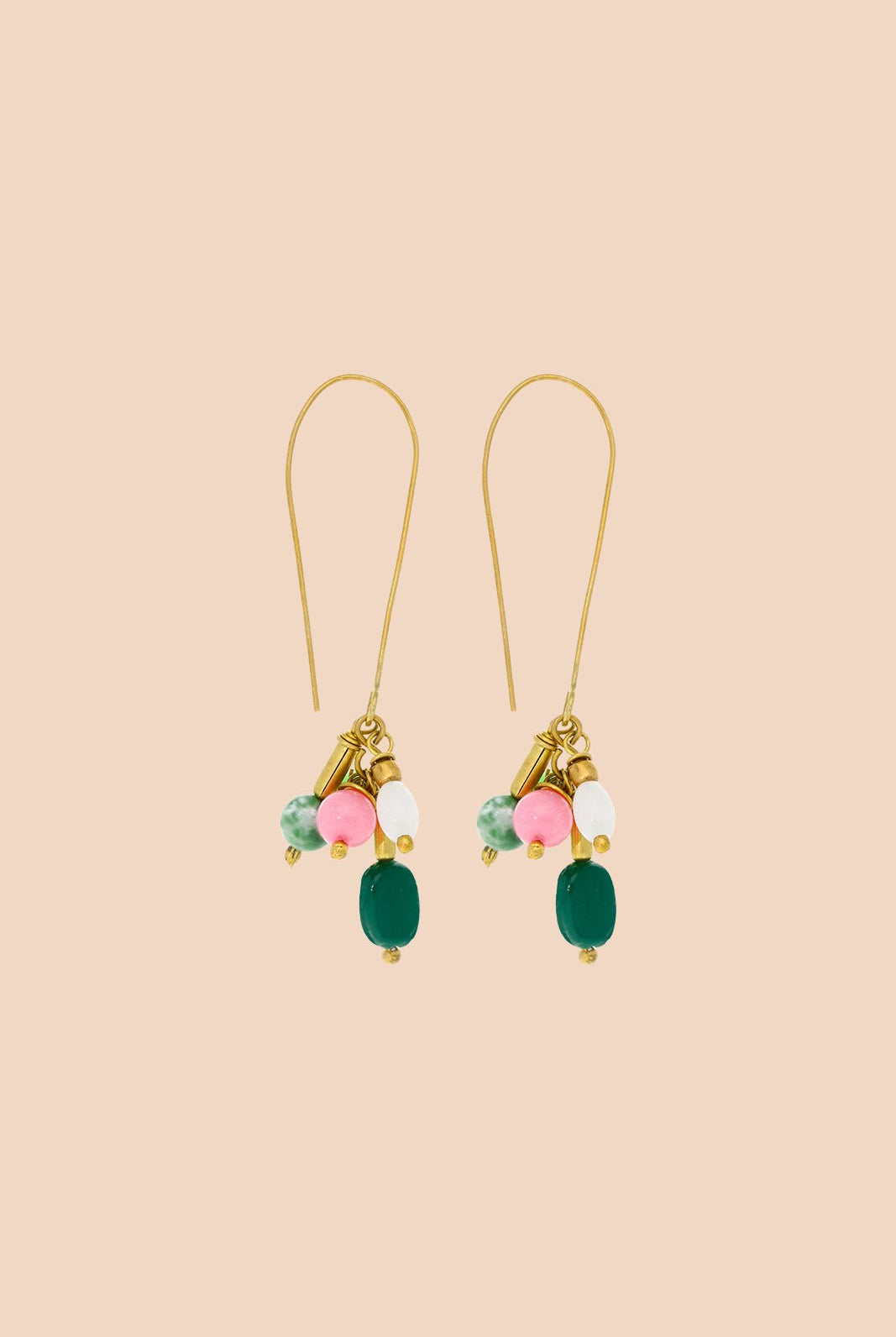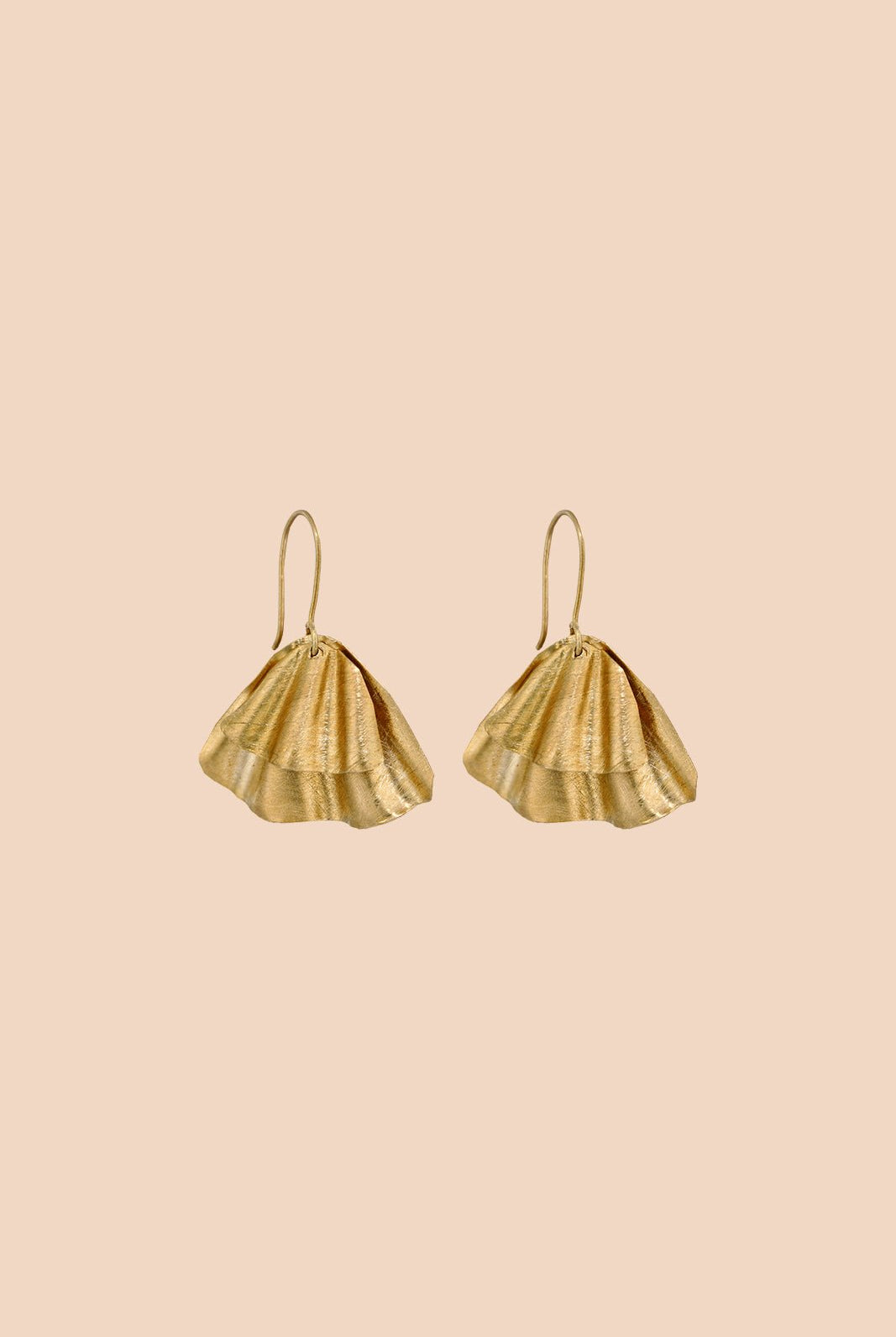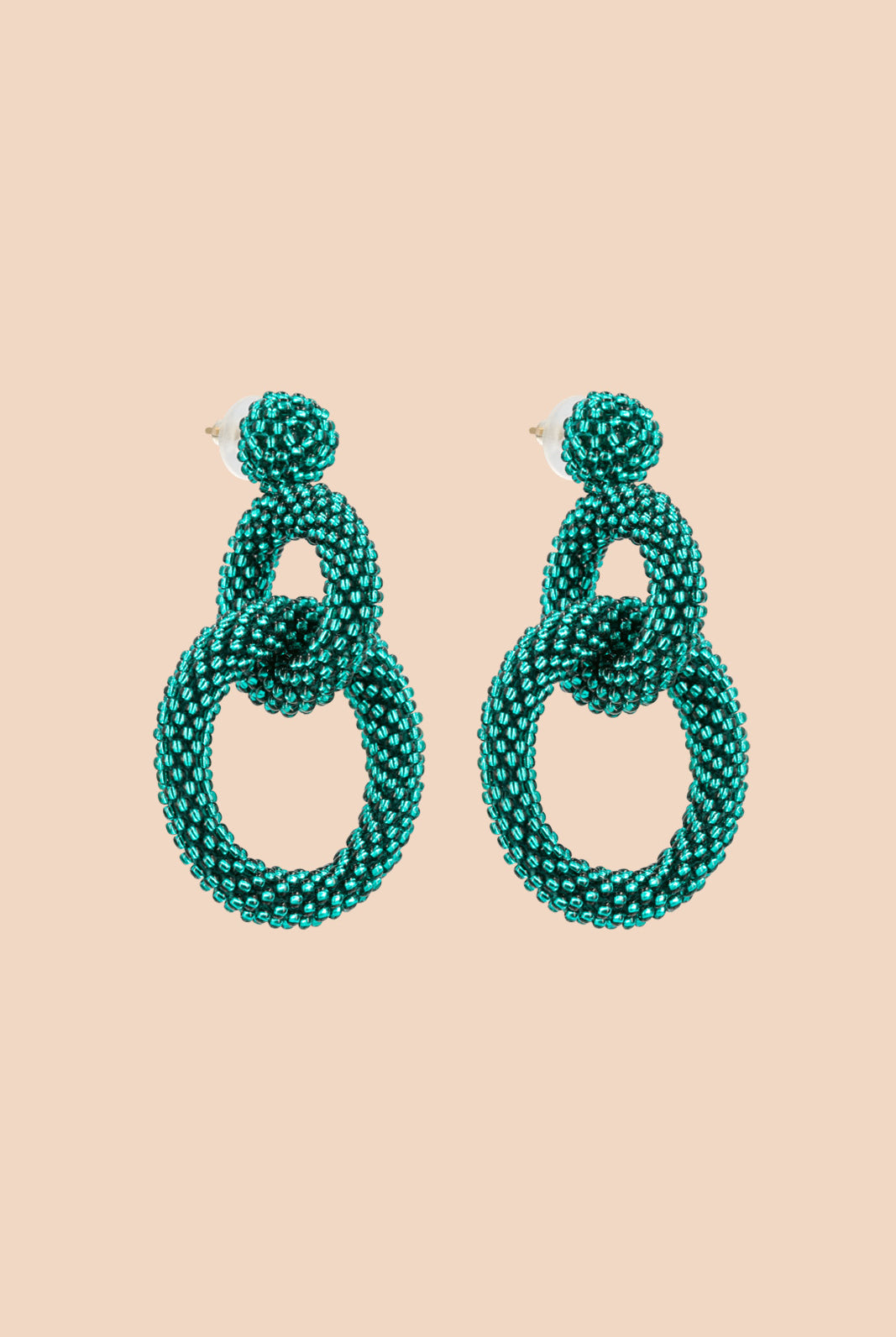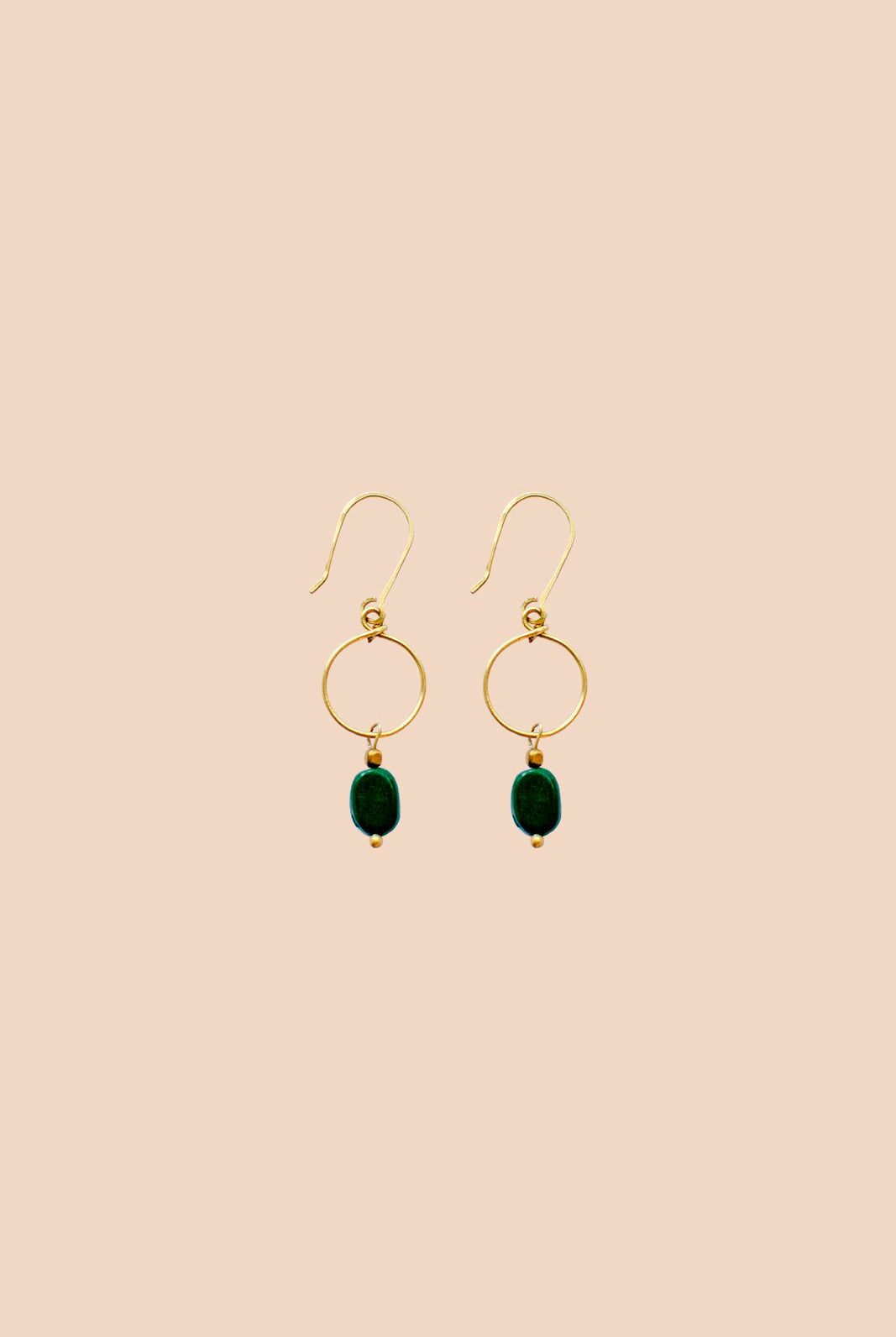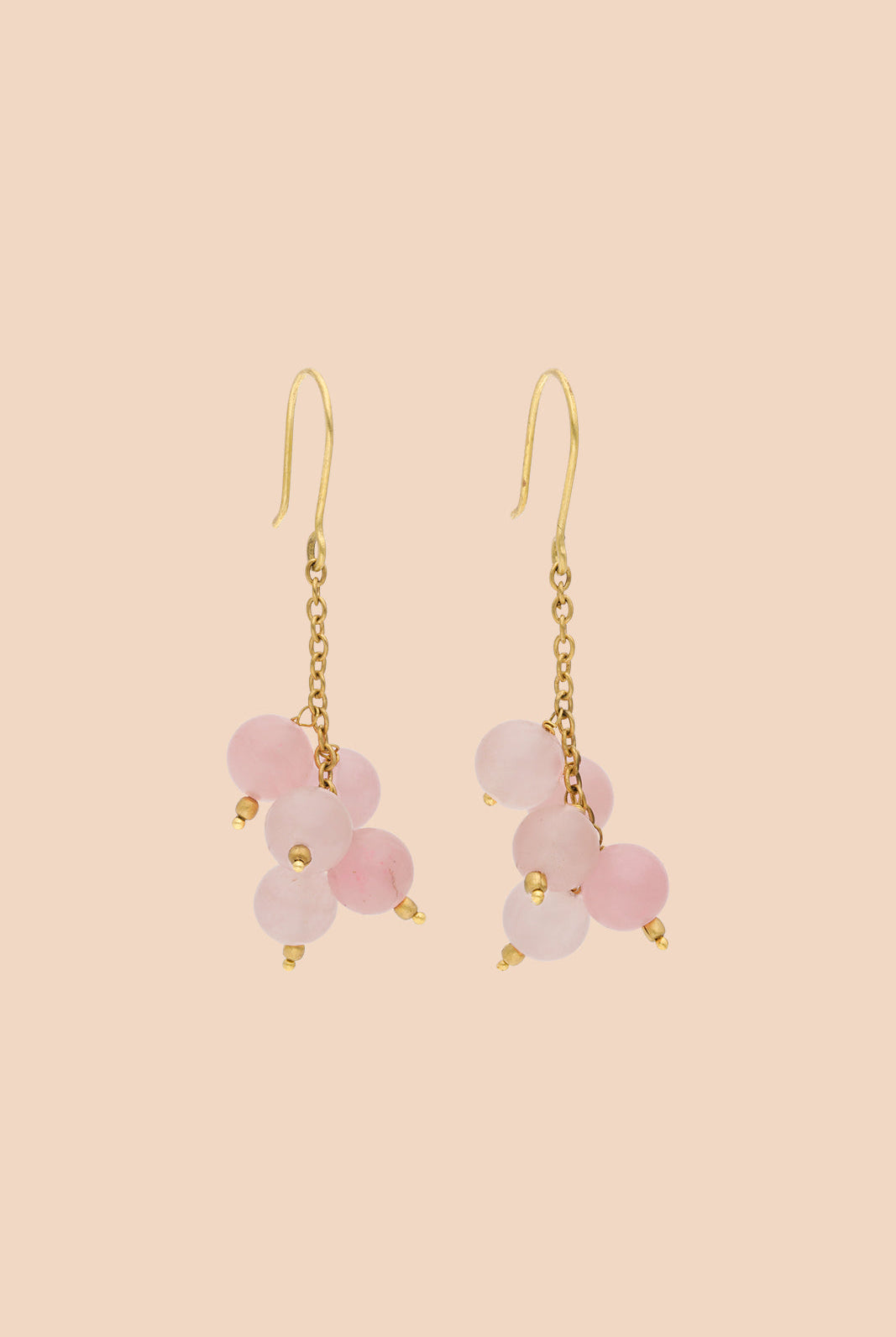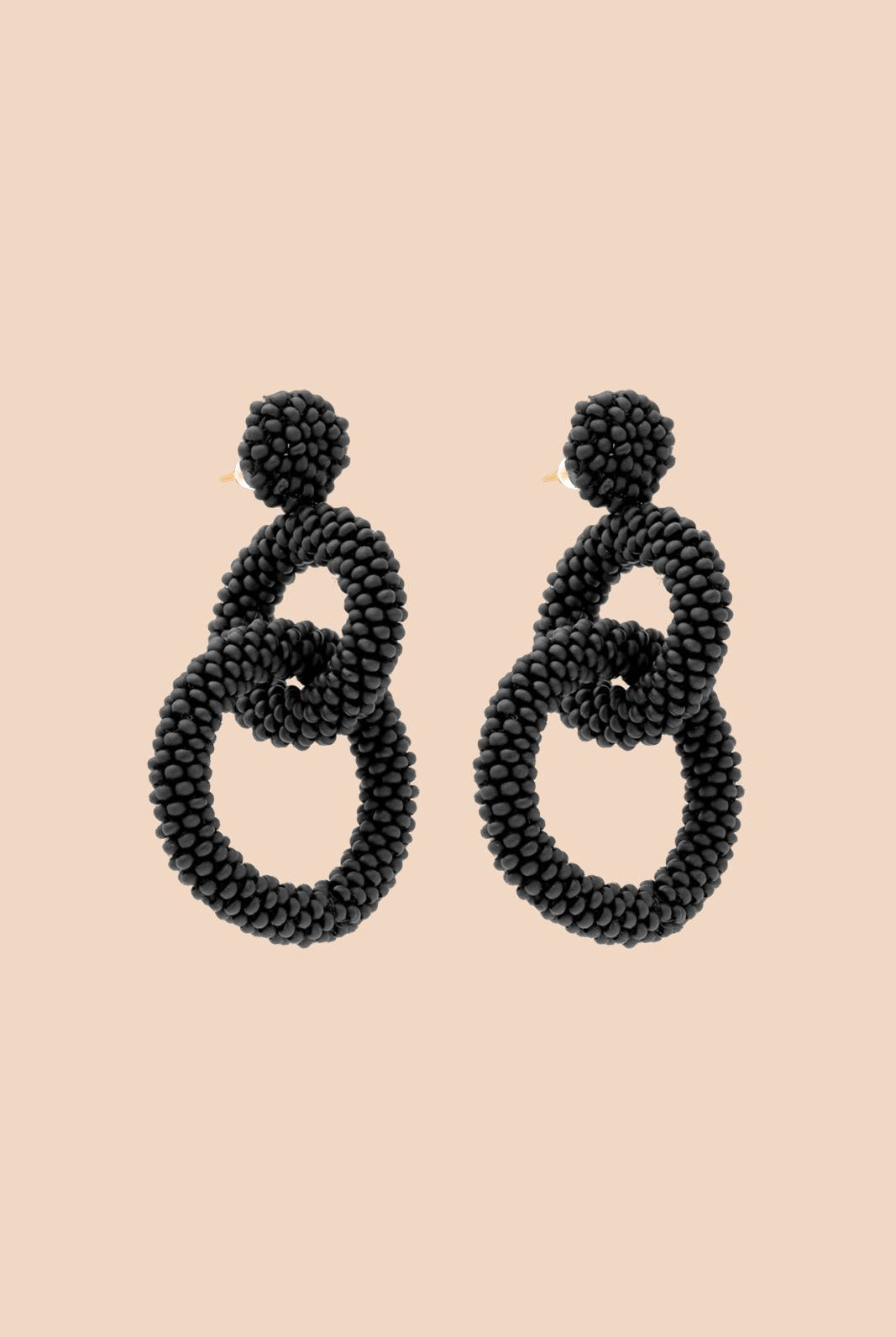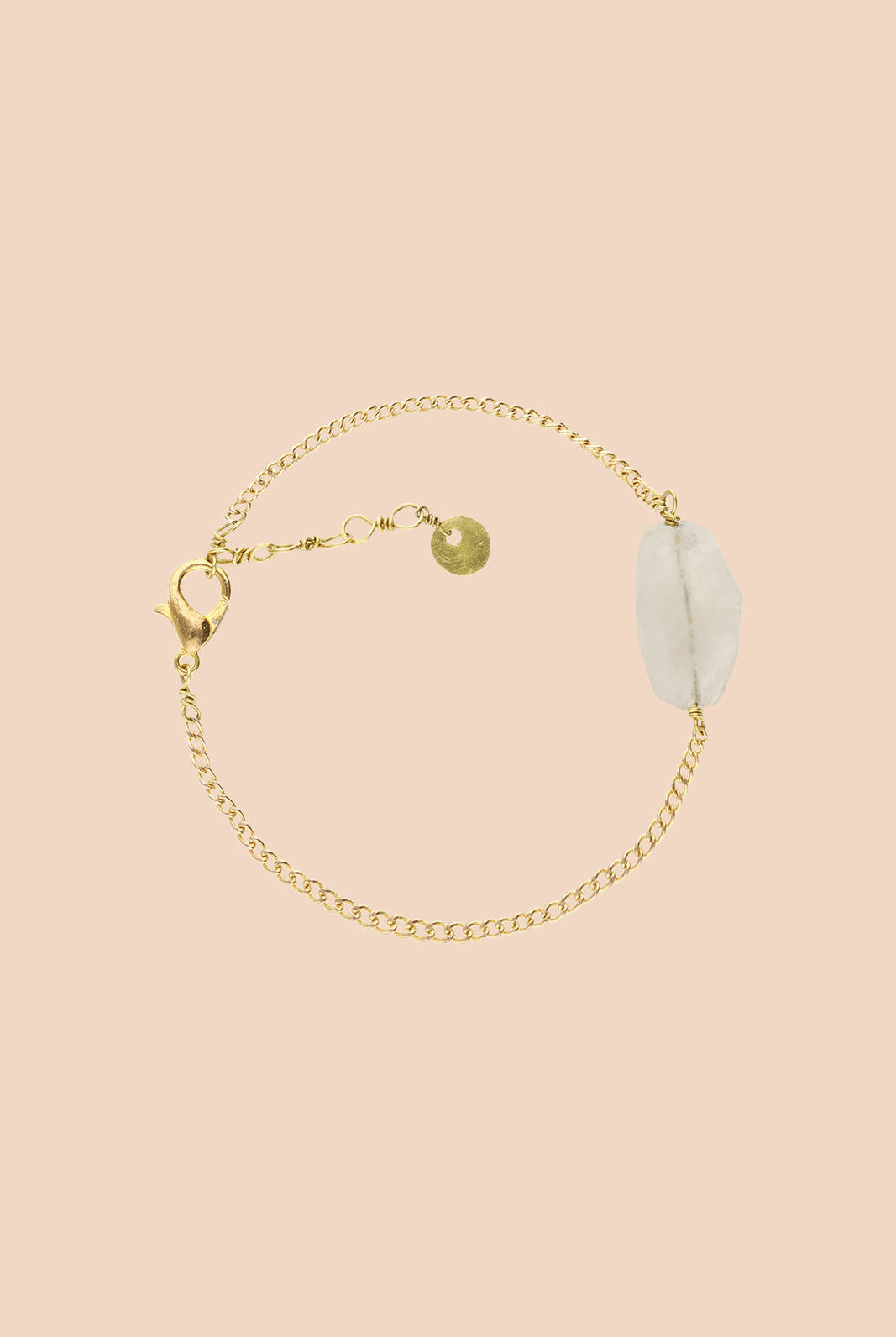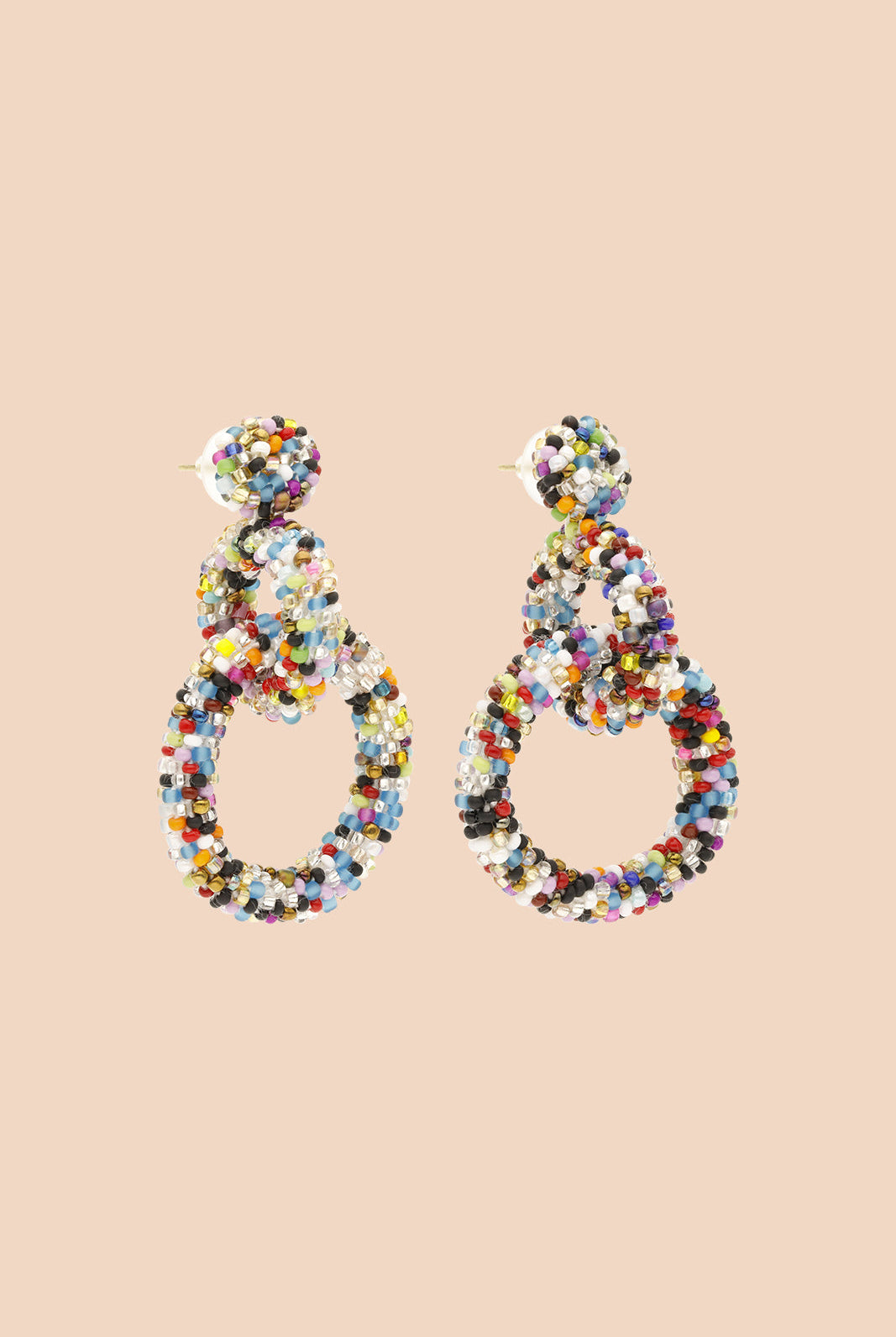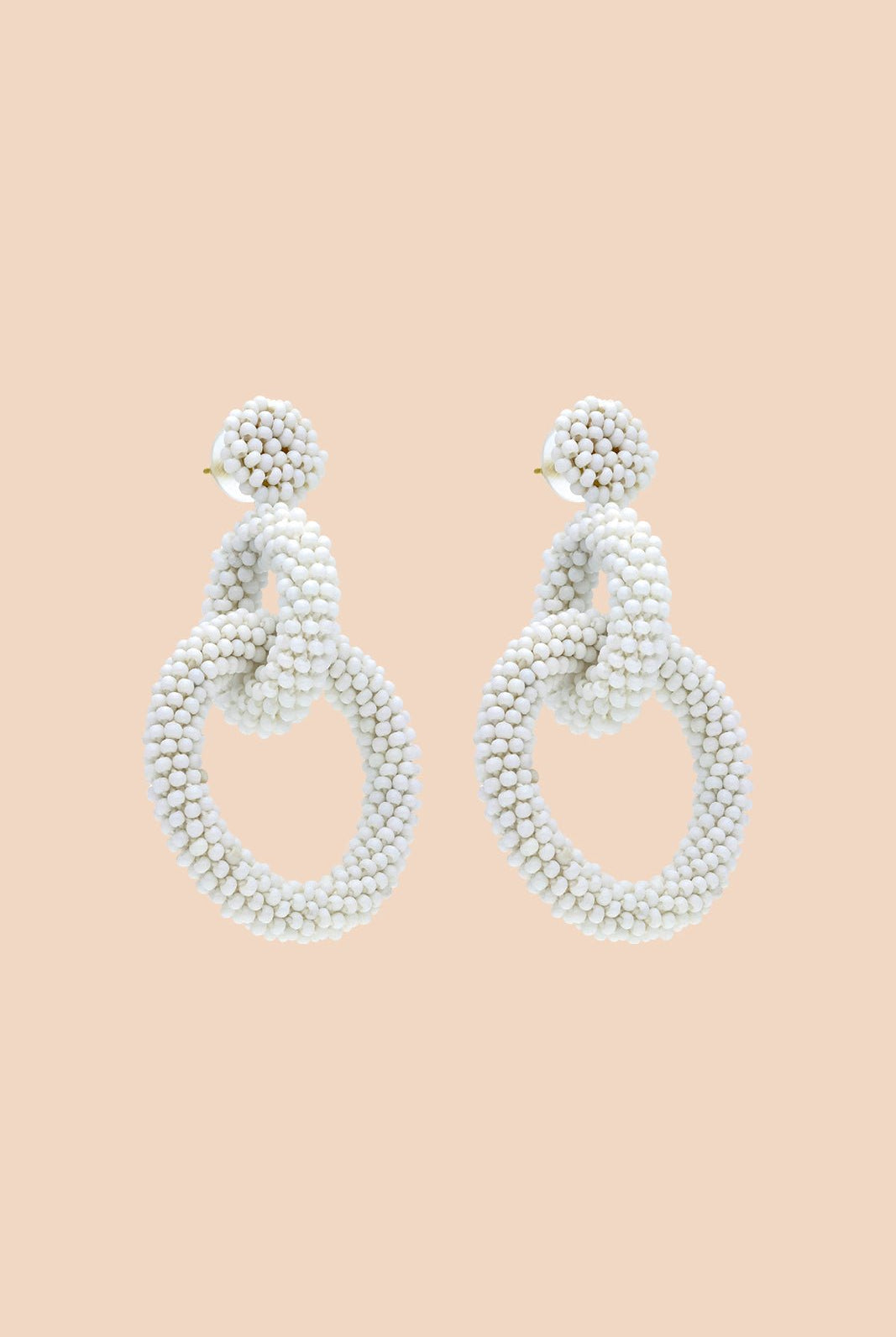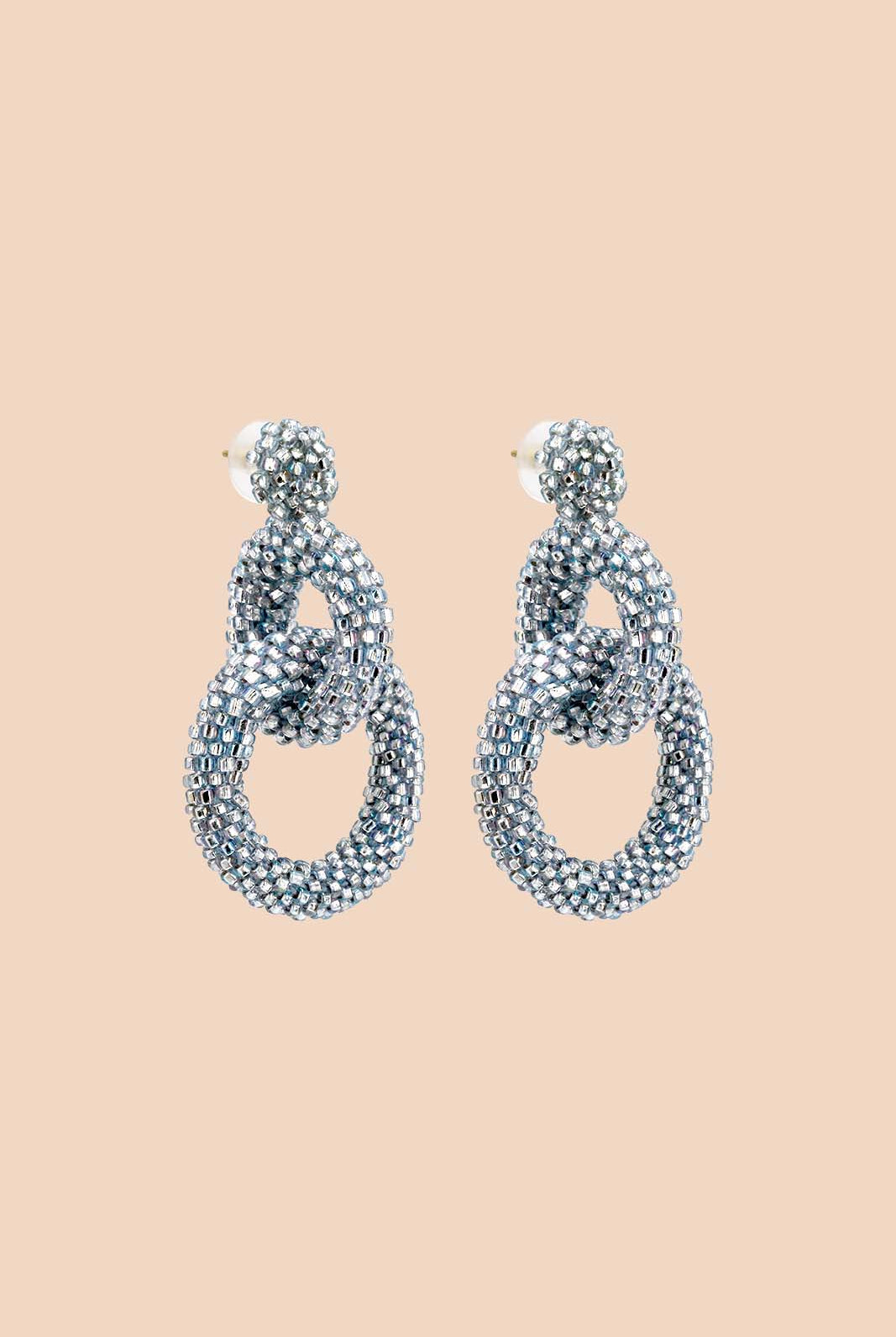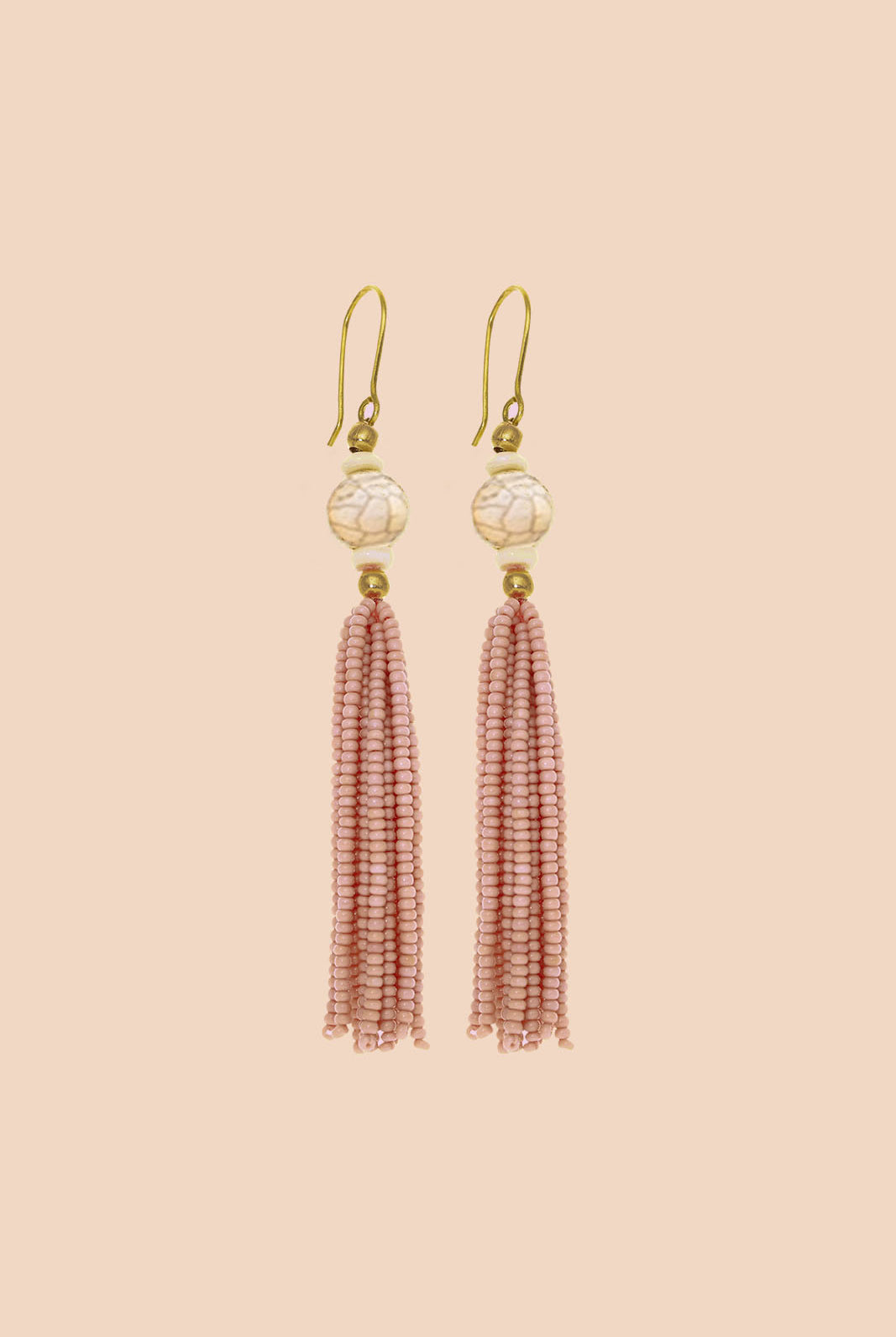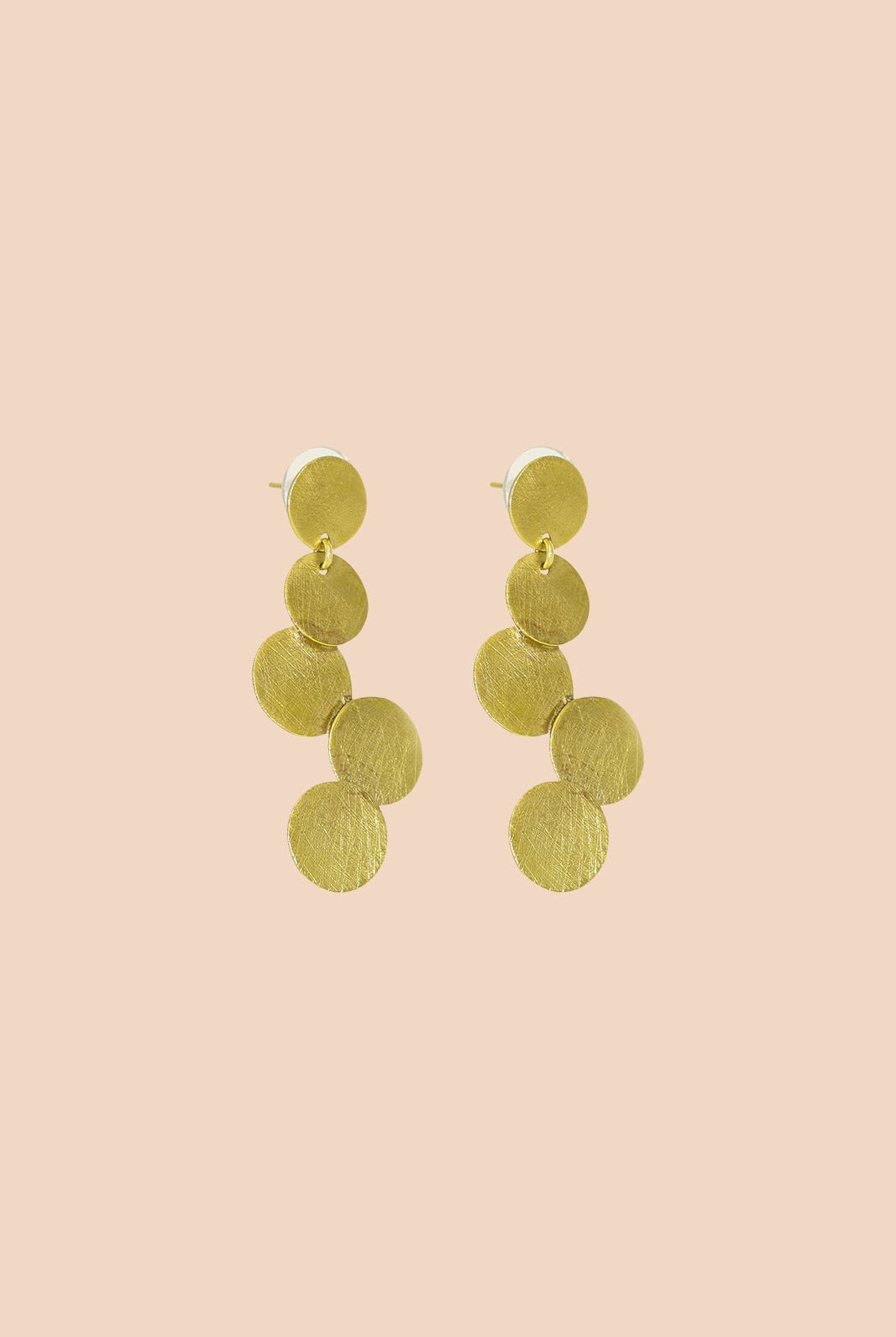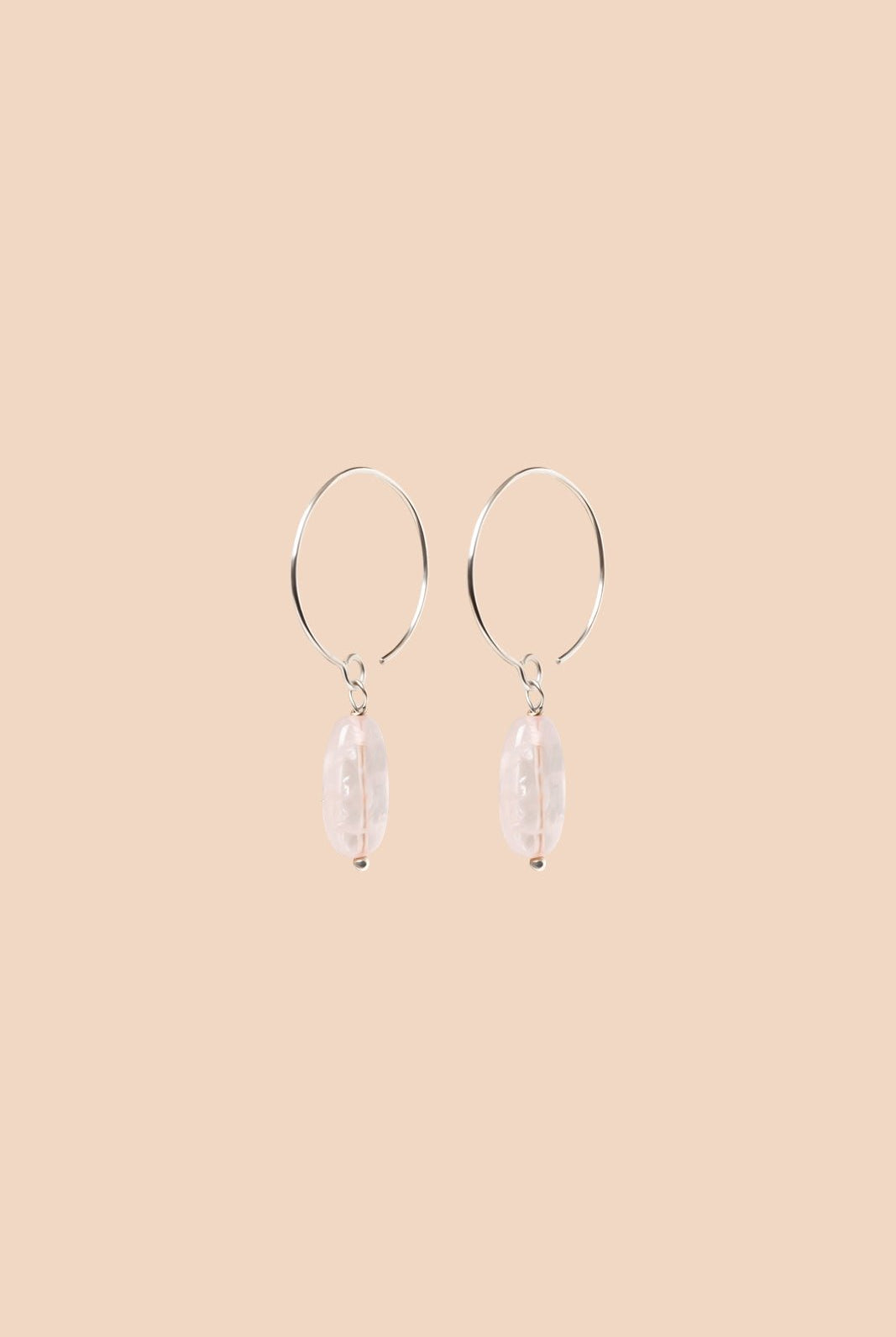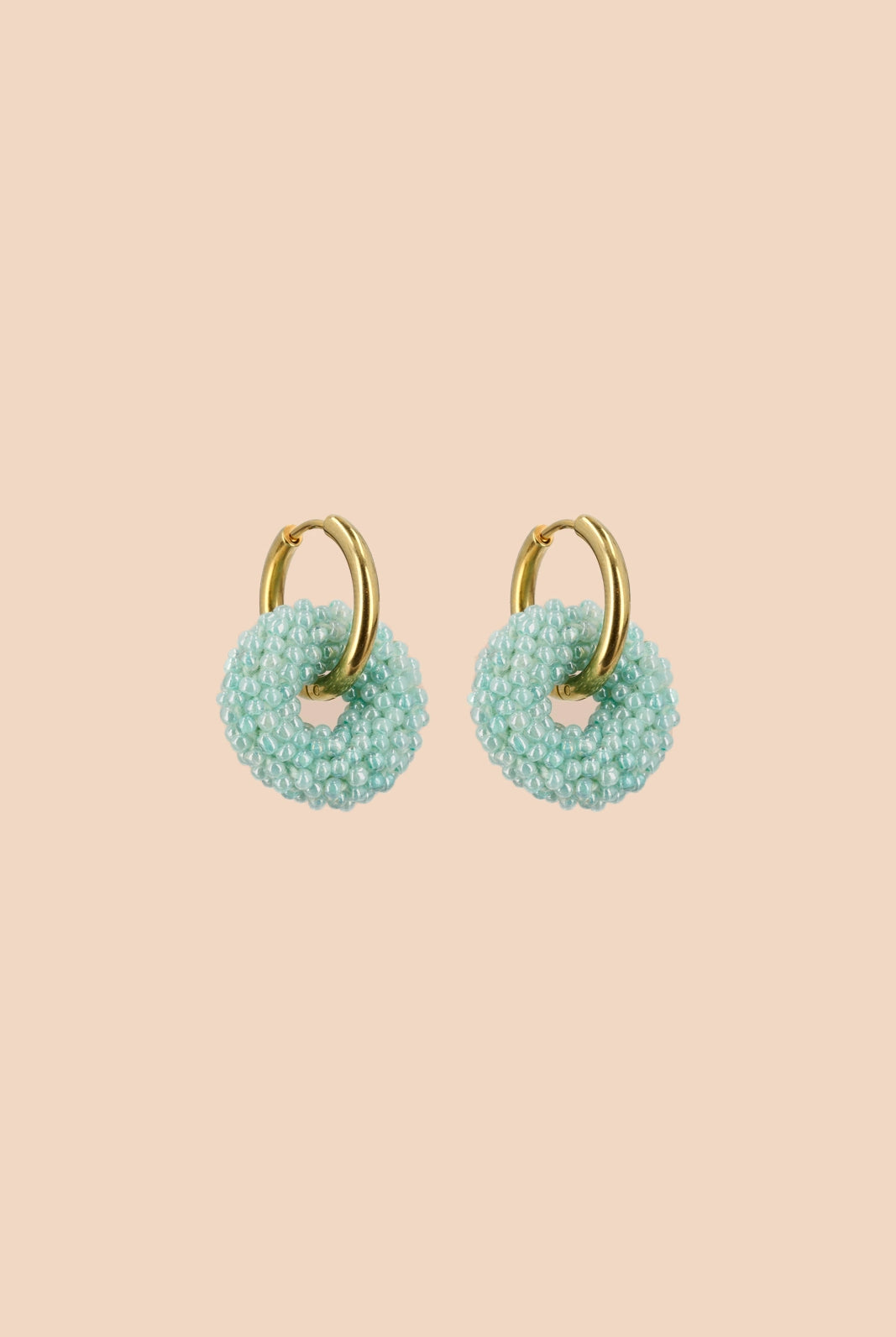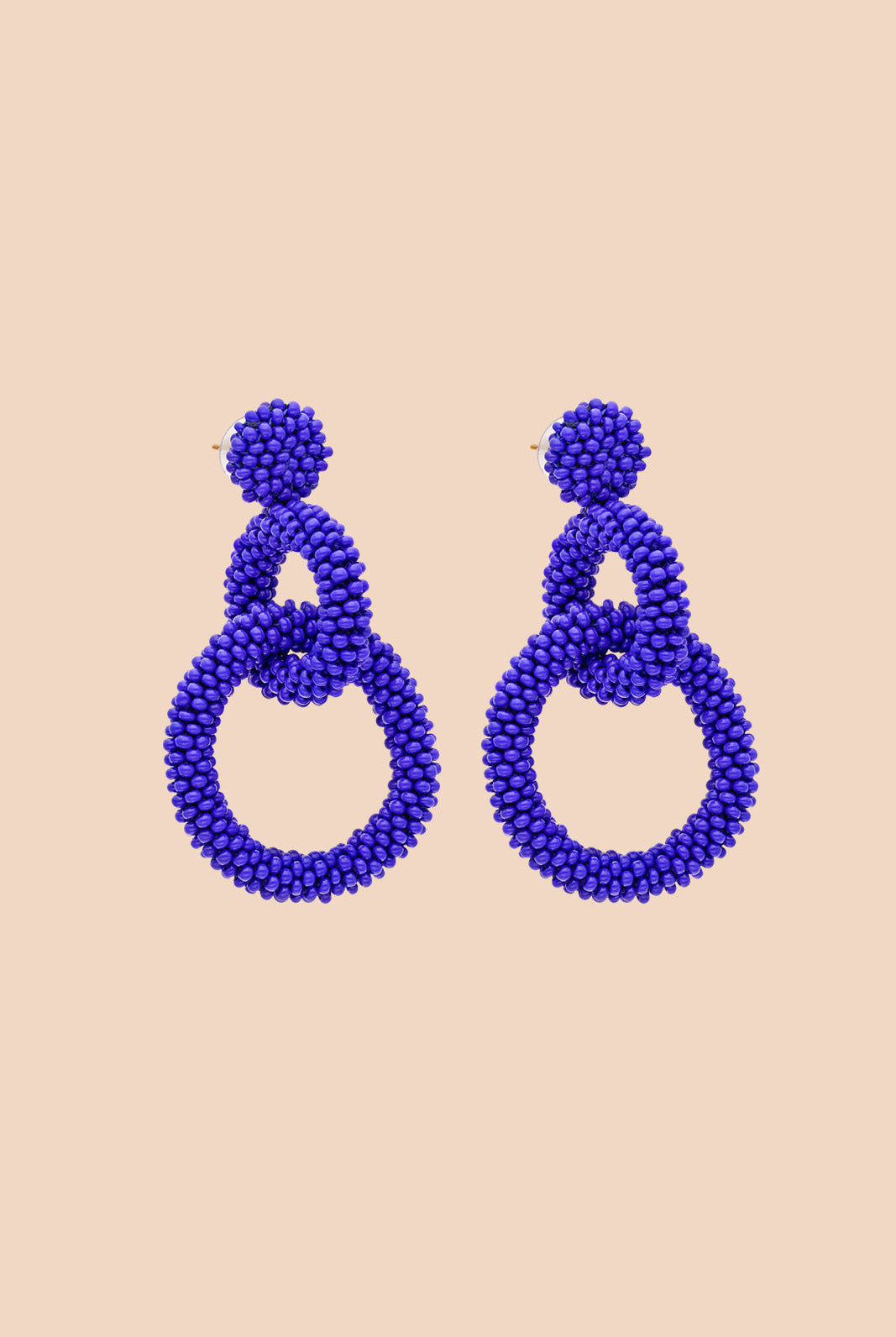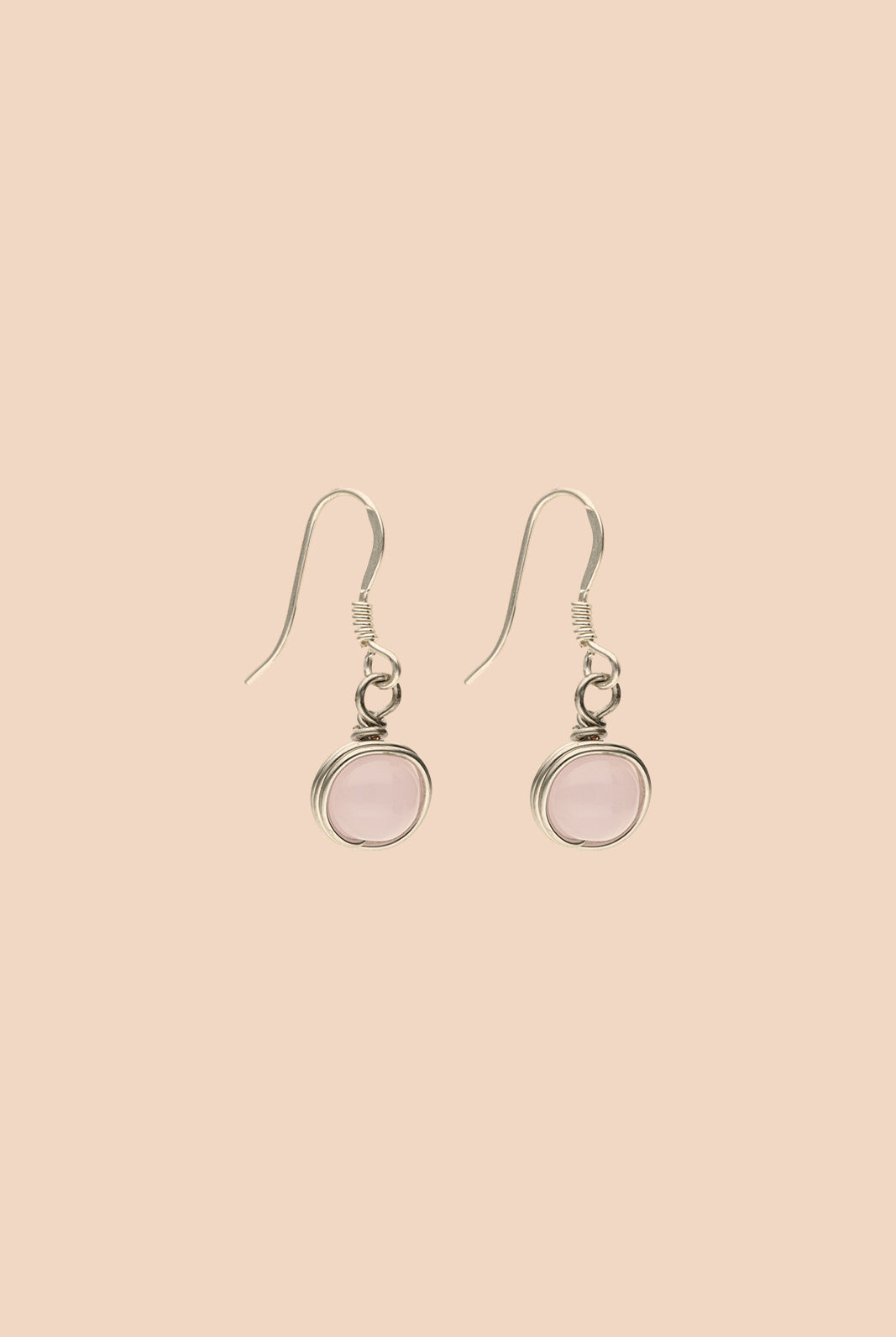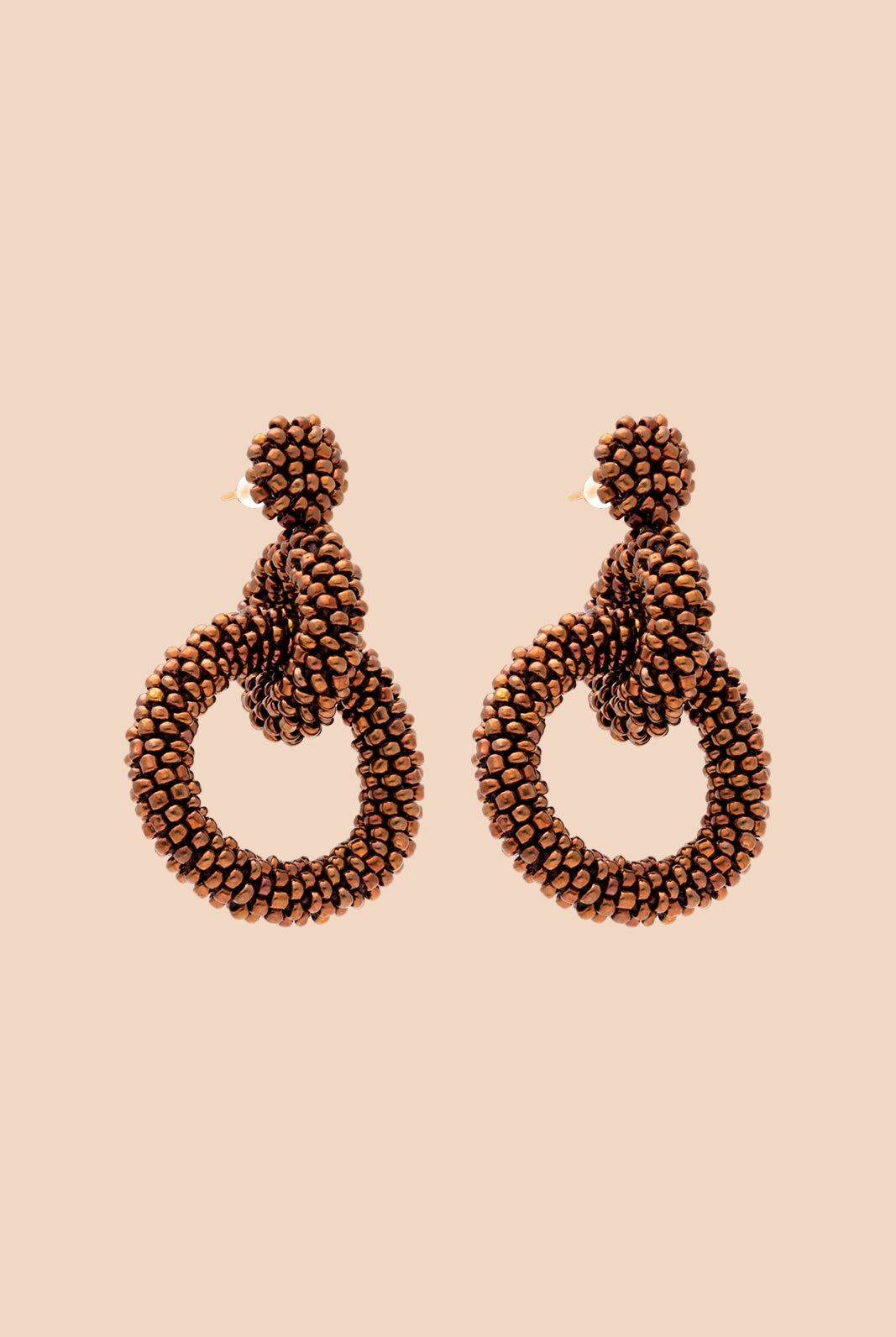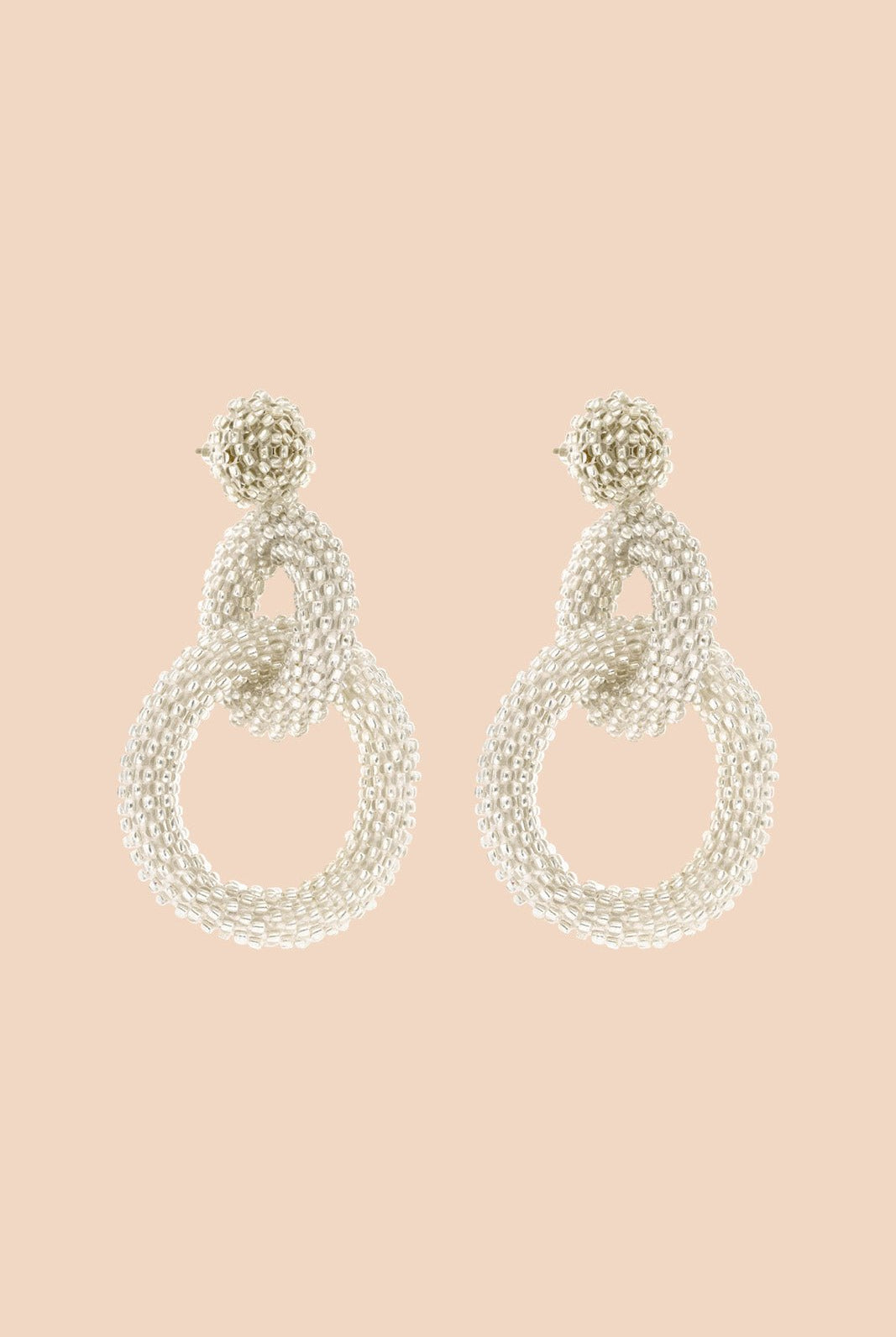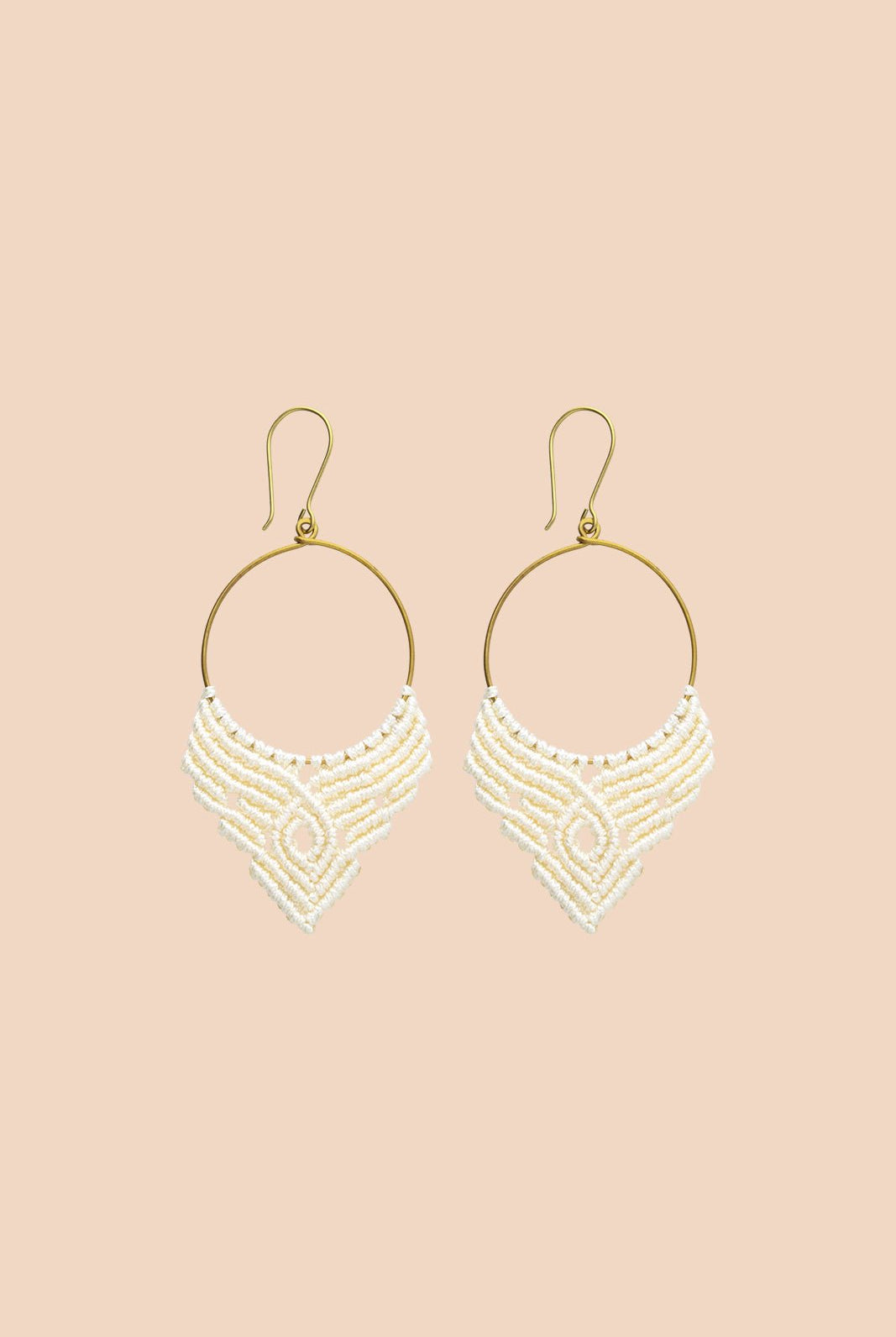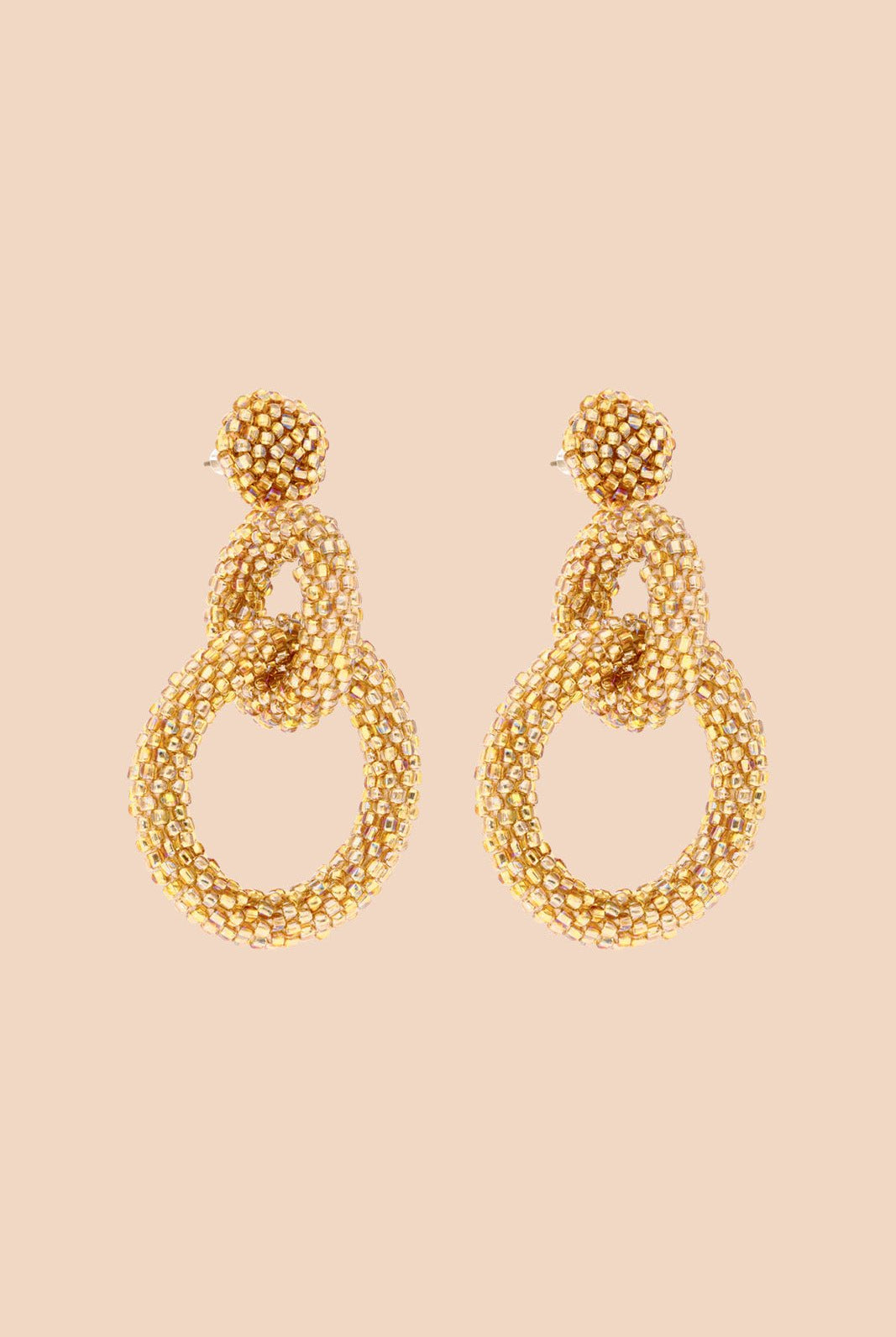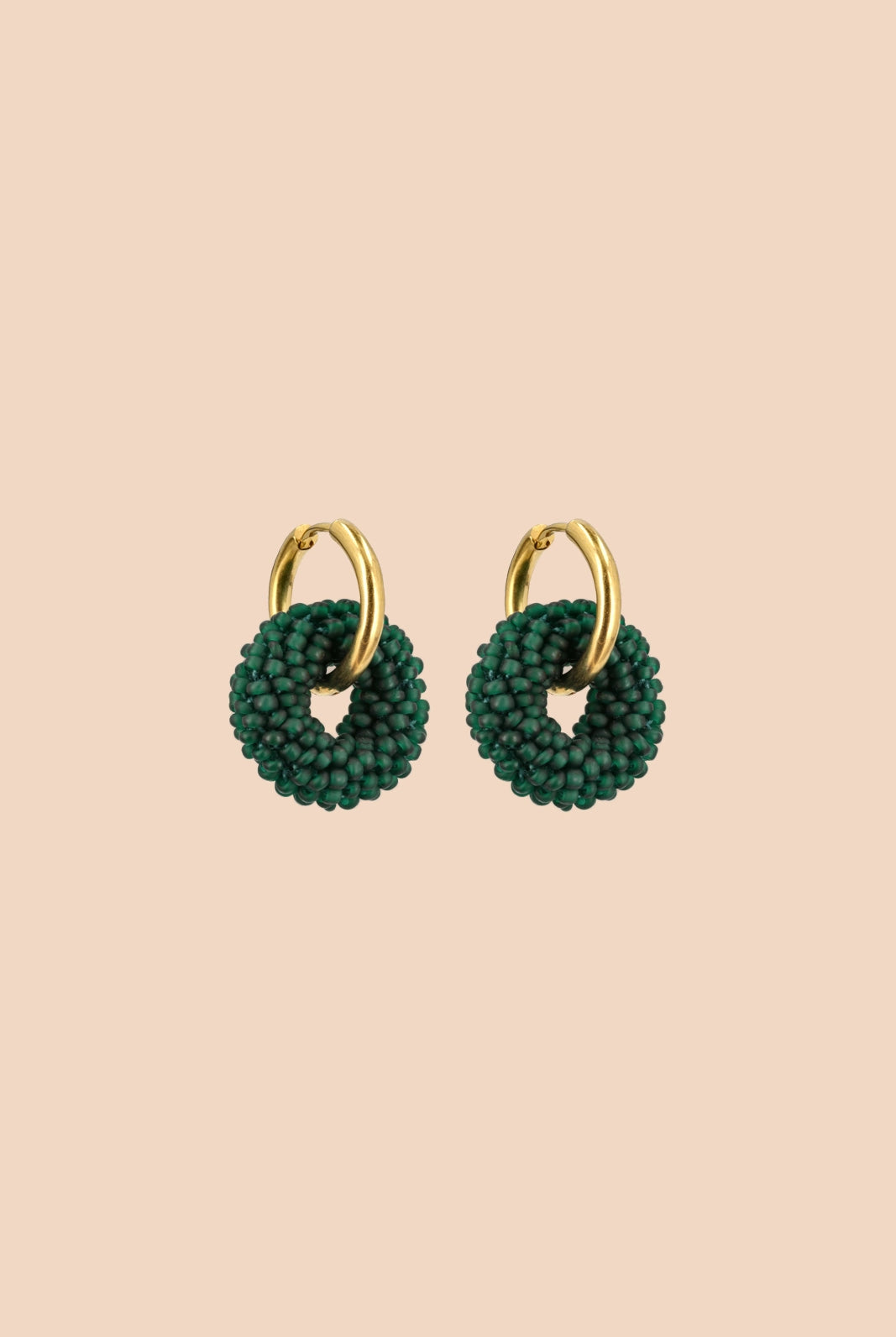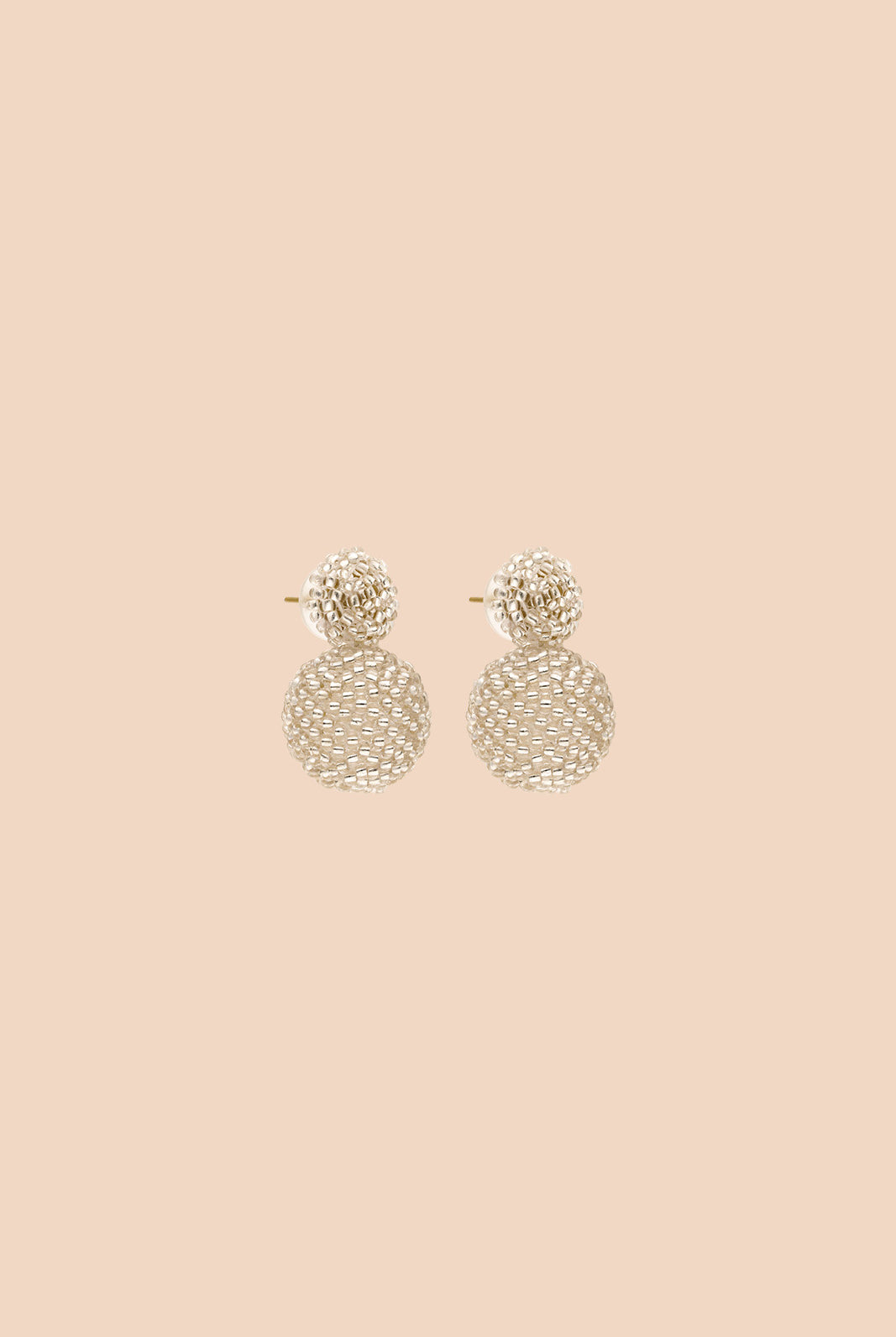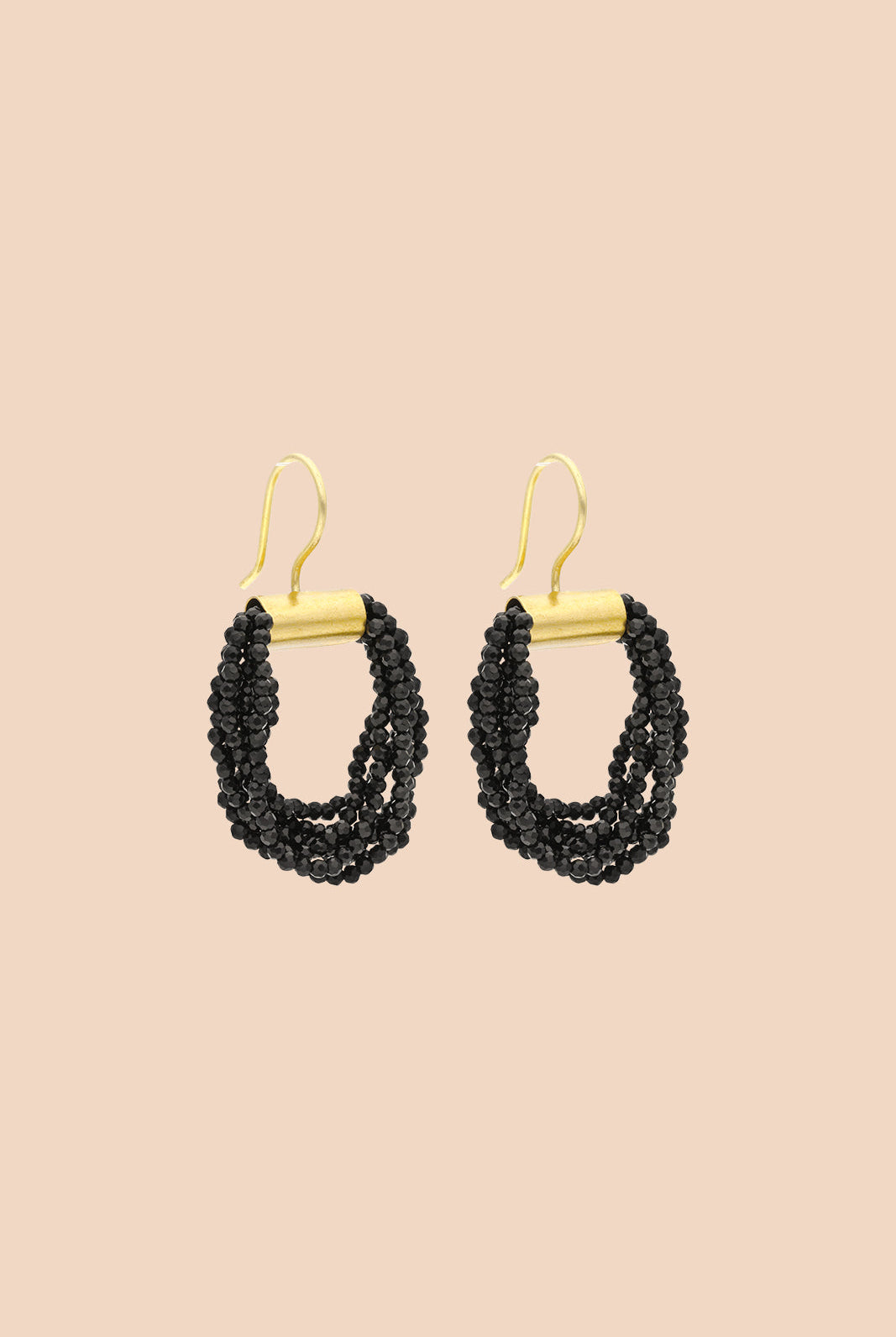✔ Social responsibility
The manufacturers of our products receive a living wage
❤ Mission
We redirect 7% of the profit of every sold product to empower and educate women in Nepal
☁ Environmental responsibility
We are responsible for change, the environment sets the limits for our operations
♻ Circular economy
Our products withstand time and use, our services extend the life cycle
Read our responsibility report
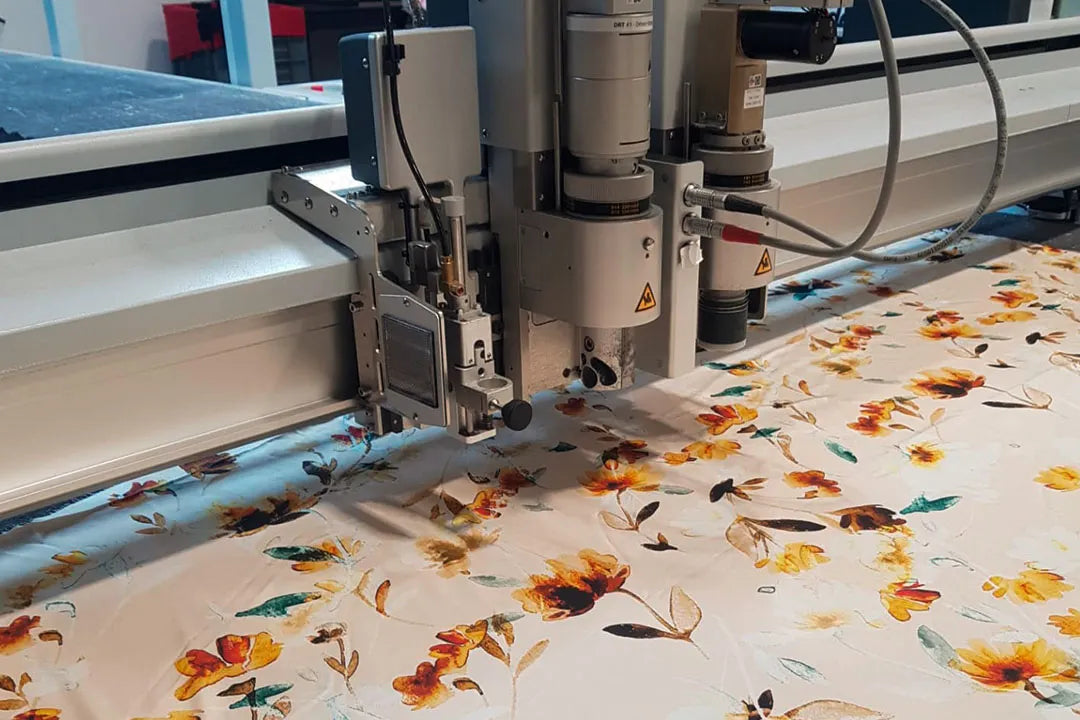
Transparent production
We want our customers to know what they are buying, where the garment or its material comes from and how it was made. We strive for openness and transparency in everything we do.
Transparency also extends to our pricing - we do not choose partners based on the best price, but the VAT price of the product is determined by the actual production costs. There is also no need to lower costs at the expense of the environment or work well-being.
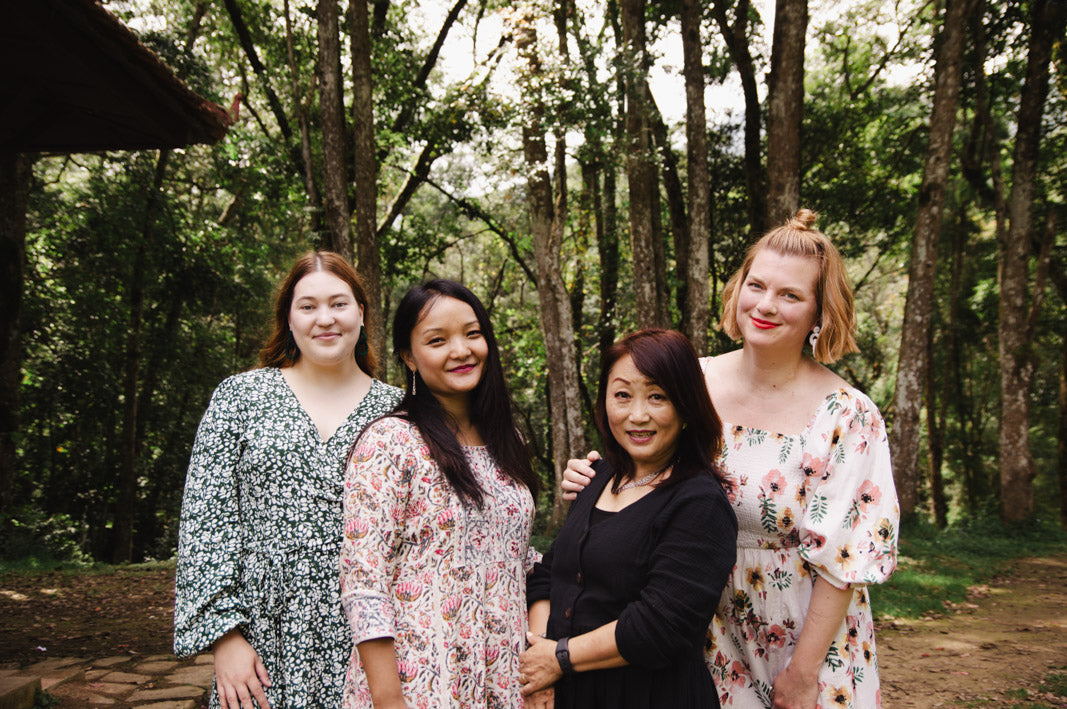
Ask about accountability
Accountability is not black and white, and we are not perfect either. However, we at Kaik strongly believe that by doing our best with all our hearts, we will bring about a big change. We believe in the power of cooperation, mentoring and sharing information. We are happy to learn from others and share our know-how.
If you have questions about our responsibility or want to give feedback, feel free to get in touch!






